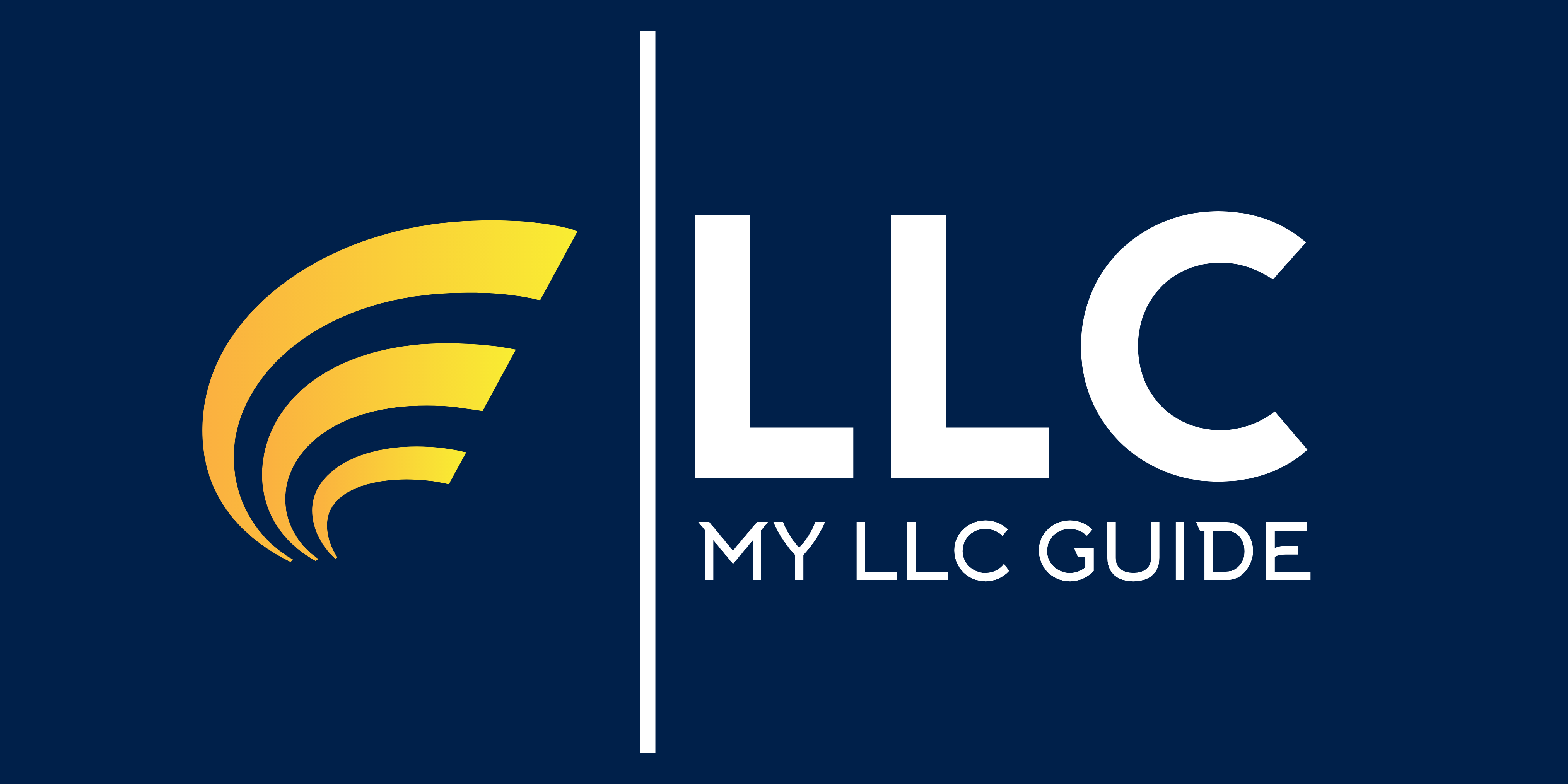
Starting a small business sounds exciting, until you hear all the “facts” people throw at you. News flash: half of them are totally wrong! In this post, “Top 5 Myths About Starting a Small Business,” we bust the biggest lies that scare away new entrepreneurs.
You don’t need a million dollars, 100-hour workweeks, or a genius idea to make it. Let’s cut through the nonsense and get real about what it actually takes to run a successful small business.
Informational Purposes Only
This article is for informational purposes only and does not constitute legal or tax advice. You should consult with a licensed professional regarding your specific business needs. For more see our full disclaimer page.
Lie 01:
You Need a Perfect Business Plan to Succeed
Newsflash: Your business plan won’t survive first contact with reality. Sure, planning helps, but waiting for a “perfect” plan means you’ll never start. Most successful businesses pivot constantly—think of Starbucks (started selling espresso machines!) or Slack (began as a failed video game).
Instead of obsessing over details, focus on testing your idea fast. Sell before you’re ready. Adjust as you go. A messy, working business beats a flawless plan that never launches.
Lie 02:
More Funding = Higher Chances of Success
More money just means more ways to fail expensively. Plenty of startups burn cash on fancy offices or ads—then crash when revenue doesn’t show up. Bootstrapping (self-funding) forces you to be creative and customer-focused.
Ever heard of Mailchimp? Started with $0 funding, grew to billions. The real secret? Profitability > investor cash. You don’t need a small fortune to start a small business. Grit and determination are half the battle.
Lie 03:
You Must Work 24/7 to Grow
Hustle culture is a scam. Burning out won’t make you rich—it’ll just make you tired. Successful owners work smarter: automating tasks, delegating, and setting boundaries. If you’re drowning in work, you’re doing it wrong.

Even Elon Musk (who famously overworks) admits: “Work like hell for short bursts—then recharge.” Big companies have scale, but small biz has heart. And, that’s what customers remember. Don’t compete with Amazon. Out-care them.
Lie 04:
If You Build It, Customers Will Come
Nope. The internet has 1.8 billion websites—why would anyone notice yours? Great products fail every day without marketing. You don’t need a viral TikTok (though it helps). Start simple: talk to customers, run cheap Facebook ads, or offer free samples. Traction > perfection.
Make sure your business or website stands out from the crowd. Go that extra mile to secure your unique selling point. Ask yourself the question, why should someone choose your business over anyone else’s?
Lie 05:
Small Businesses Can’t Compete With Big Corporations
Actually, small businesses thrive where big corporations fail—because they’re fast, personal, and niche. Think about it: when was the last time you called a mega-corporation and actually talked to a real person who cared? Exactly. Small businesses win by doing the opposite.
Lightning Fast Decision Making
Big companies move like turtles in peanut butter. Want to launch a new product? They need 10 meetings and a CEO’s signature. A small biz? You can pivot overnight. Saw a trend on TikTok? Boom—new product by Friday. Customers love that agility.
The “Know Your Name” Advantage
Big-box stores treat you like a number. Small businesses remember your usual order, your kid’s birthday, even your dog’s name. That personal touch builds fierce loyalty. People will pay extra just to feel valued.
Niche is Power
Walmart sells everything to everyone. But you? You can dominate one specific thing—like vegan dog treats or retro video game repairs. Less competition, more passion customers. Etsy sellers and local bakeries prove this daily.
Community Super Fans
When you’re small, your customers want you to win. They’ll shout about you on social media, bring friends, even forgive mistakes. Try getting that kind of love from Target shoppers.
Lower Overhead = Better Prices
No fancy CEO bonuses or bloated supply chains mean you can often beat corporate prices, or at least match them with way better service.
RELATED
Best LLC Formation Companies – click here
How to Open LLC Bank Account – click here
Are High Security Business Checks Worth It? – click here
Hidden Costs of Delaware Small Business – click here
LLC Formation for Non US Residents – click here
Entrepreneur Resilience – First Year of Business – click here

If you’re starting a small business you’ll need a business plan to secure a bank loan.